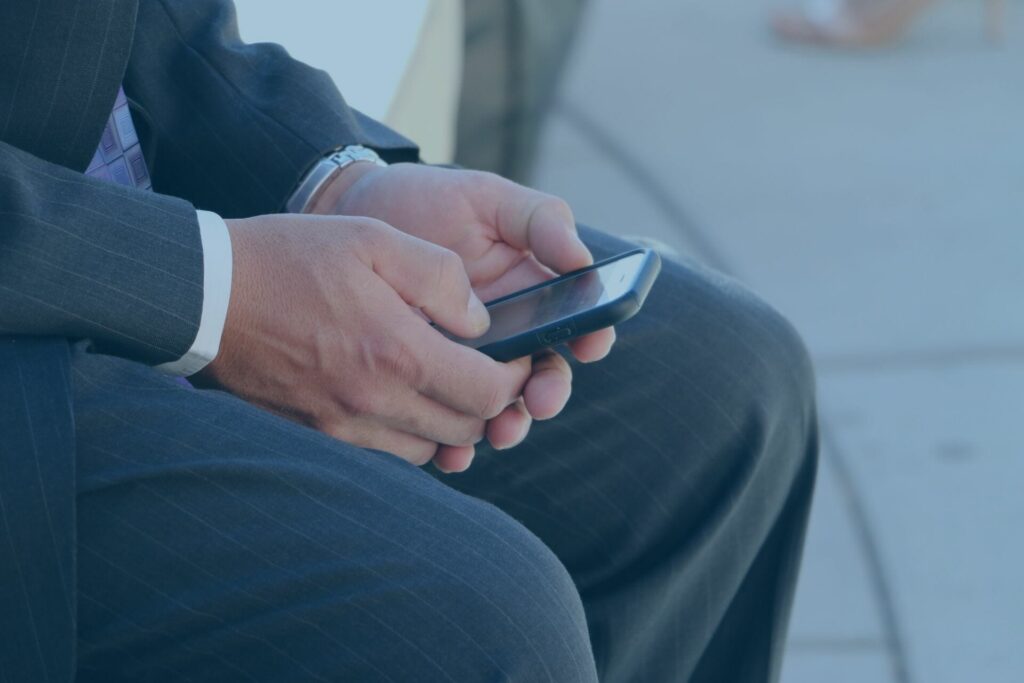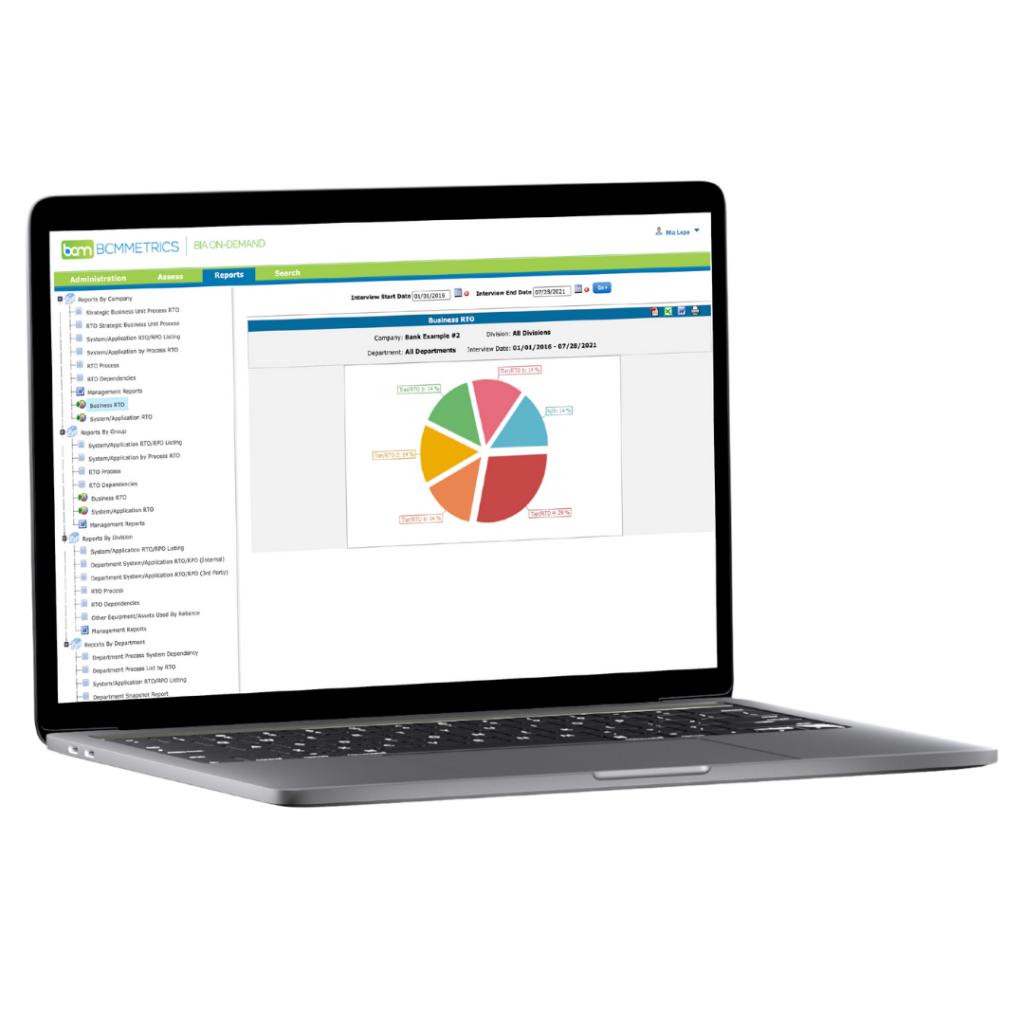The BCM Pro’s Role in Managing Social Media During a Crisis

The business continuity management professional is unlikely to play a hands-on role in managing social media during a crisis. However, the BCM pro has a key part to play as an advocate for getting several key measures important for handling social media implemented ahead of time.
Related on MHA Consulting: Dropping the Ball: 6 Common Crisis Response Mistakes
The BCM Pro as Advocate
One of the unique aspects of the BCM professional’s role is that he or she has direct control over very little but overall responsibility for a great deal—namely the organization’s ability to recover its operations in the event of an outage.
This is why it’s so important that the BCM pro be a good collaborator, persuader, explainer, and advocate.
This dynamic comes into play in many areas, such as identifying which processes in a department are the most important and writing recovery plans. These actions are performed by experts within the department with the BCM person acting as requester and organizer.
The same division of roles holds true in the increasingly important area of how the company handles social media during a crisis.
Lobbying the Company to Get Prepared
The BCM pro is not likely to have any hands-on responsibility for managing the company’s response to social media postings, whether during a crisis or at any other time.
However, the BCM professional can play an important role as an advocate, explaining to colleagues the importance of taking certain measures—and the risks of not taking them. The BCM pro can lobby the company to get prepared.
Social media is scary because it is out of our hands, it can spread like wildfire, it is minimally concerned with accuracy, and the damage it can cause to the company’s reputation can be devastating.
This being the case, what can the BCM professional do to help make sure their organization is ready to manage social media during a crisis?
Five Key Measures for Social Media and Crisis Response
In connection with social media and crisis response, there are five key measures that the BCM pro should do, request, and insist on, leveraging their role as someone charged by senior management with the job of enhancing the organization’s resiliency.
They are:
- The BCM pro should be knowledgeable about the risks social media pose to the organization and share their knowledge with others. In the modern social media ecosystem, negative tweets, harsh Facebook posts, and other forms of social media messaging have the power to cause real and lasting damage to organizations. This is especially the case if they go viral, are untrue, are not answered, or are answered clumsily. Such postings can constitute a crisis in themselves or they can make an unrelated crisis worse. The BCM pro needs to be as knowledgeable about these risks as they are those pertaining to power outages and weather events. Reputational harm is harm. The BCM pro should know the risks and be able to explain them to colleagues who are not up to speed on them or who dismiss social media as something for teenagers.
- The organization should develop a social media policy. This policy defines the rules and expectations for employees regarding their use of social media, specifically when it comes to mentioning the organization. This is an area where every organization’s needs and philosophy will be unique. If there is no policy, many employees will feel free to say whatever they like about the organization in their tweets and Facebook posts, even if it is proprietary or paints the organization in a bad light. A social media policy is not a cure-all, but having one can limit the problem of employee indiscretion.
- The organization needs to inform the employees about the social media policy and remind them of it—especially during a crisis. The company will need to notify employees of the existence of the policy and communicate the expectations around it. It is especially important that employees be reminded of the policy during a crisis, when dramatic events are taking place and some workers will be eager to share their inside information with the outside world.
- The company needs to develop a social media response playbook. This playbook, part of the crisis management plan, sets forth how the organization will respond if various foreseeable scenarios occur. It sets out benchmarks for various levels of response, such as notifying a senior manager or convening the crisis management team. It might set forth triggers such as the number of times a negative post is shared or a tweet retweeted. The scenarios will vary by organization and industry. The scenarios included might pertain to complaints by customers about the company’s products or the conduct of its employees, other allegations of employee misconduct, negative situations involving vendors closely associated with the company, and similar matters.
- The company should assign and train one or more people to regularly monitor mentions of the company on social media and respond in accordance with the social media response playbook. The monitor(s) will typically be part of the communications team. The effort can be more or less intense based on the size of the organization. At large corporations this is typically done on a continuous basis by the social media team. At smaller companies it might be performed once a week by an employee with other responsibilities. The key thing is to keep on top of whether and how the company is being referenced in social media. No company can afford to keep its head in the sand with regard to what is being said about it on Twitter, Facebook, LinkedIn, Instagram, TikTok, and other channels. Google Alerts can be set up to email a user if the company’s name or those of its leaders are mentioned online. Third-party tools are available to customize the process further, honing in on particular social media channels. (Search for “social media monitoring tools.”) Different companies will want to focus on different channels depending on their business and customer base. (A professional services organization might pay particular attention to LinkedIn; a fastfood company will probably want to keep a close eye on how it’s being mentioned on TikTok.) The social media monitor will respond to mentions of the organization in accordance with the social media playbook, a topic that will be covered in the monitor’s training.
Handling the Challenge of Social Media
Dealing with social media is a challenge because it is out of our hands, it can spread like wildfire, it is minimally concerned with accuracy, and it can cause lasting damage to the organization.
The business continuity professional is unlikely to have an active role in helping his or her organization manage social media in a crisis. But the BCM pro has a critical part to play as an explainer, persuader, and advocate. By making sure the organization is aware of the danger social media poses, and pressing the company to adopt the measures set forth above, the BCM professional can make a significant contribution toward making their organization more resilient.
Further Reading
For more information on crisis response and other hot topics in BC and IT/disaster recovery, check out these recent posts from MHA Consulting and BCMMETRICS:
- Dropping the Ball: 6 Common Crisis Response Mistakes
- What to Include in Your Crisis Management Plan
- Crisis Response in Today’s Breakneck World
- 4 Rules for Effective Communication in a Crisis
- Thriving in the Hot Seat: Crisis Communication Do’s and Don’ts









